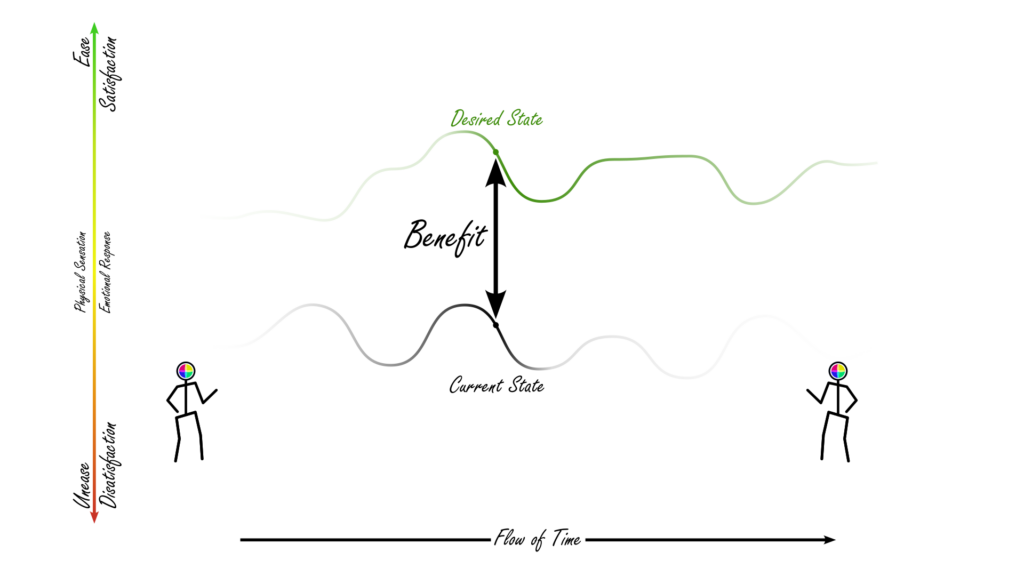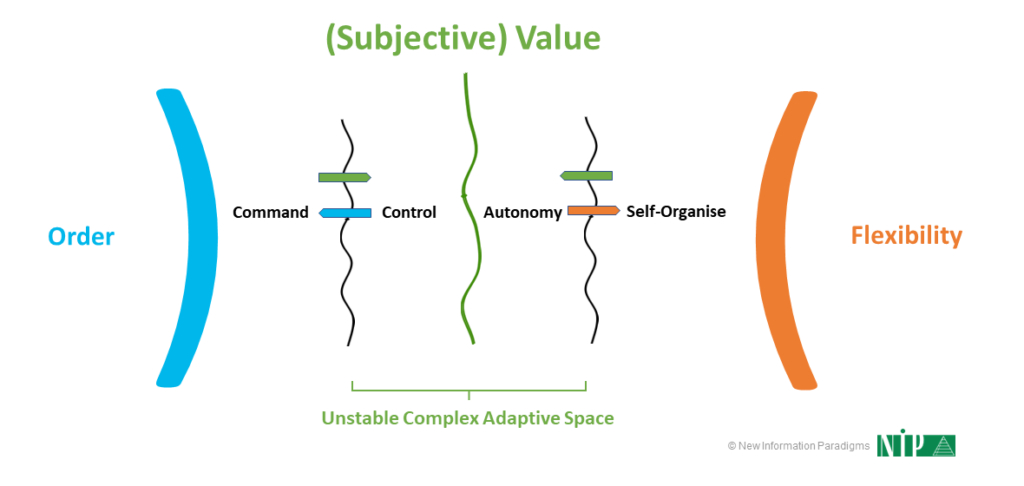Value Management: Value-Led
“Value” is one of the most used terms in today’s business lexicon; it is also one of the least understood.
What Value Isn’t
At the heart of the problem is that value is usually seen as ultimately objective:
- Treated almost exclusively as a noun, rather than a verb – static, rather than dynamic.
- Interchangeable with “cost”, and ultimately reduced to, and expressed in, monetary terms.
- Defined upfront, and then managed with KPIs and data
- Created by the producer and delivered to the consumer, as revealed by the ubiquitous term “value creation”.
There is an element of truth in each of these things: money is part of value, it is important to both plan ahead and measure, and entrepreneurs do generate new ideas.
What Value Is
However, value is ultimately what matters to – or is “valued” by – our customers, our stakeholders, and us as organisations.
This means that value is not primarily objective, but instead primarily subjective:
- Mostly impossible to reduce to “cost” (hence the often huge discrepancies between book and market valuations).
- Driven by underlying values (ethics, character and cultural traits, etc) and past events.
- Defined, perceived and experienced by the customer; only facilitated by the producer.
- Variable between different contexts and over time.

Value is therefore complex – something that emerges and changes, has rich interdependencies and can often be unpredictable – and whilst this brings huge challenges, it also presents a key opportunity.
Why Value Works
Precisely because value is complex, it enables organisations to successfully navigate today’s complex business environment.

It does so by balancing the two potentially competing forces of flexibility and order:
- Flexibility: what is considered “valuable” varies infinitely between situations and over time (because it emerges from and reflects the unique and constantly changing interactions between the relationship parties, their stakeholders, and the wider environment).
- Order: “value” is the universal guiding principle in all situations (as it is the one constant, or “attractor” of focus and activity, that can be referred to continuously, providing sufficient order to guide activity and prevent chaos).
Focusing on value is therefore the only effective way to be in tune with, understand, and harness the elements and dynamics of complexity, rather than:
- Being a victim of complexity, which leads to resignation or denial.
- Futilely attempting to resist, sidestep or control complexity, whether by doubling down or pursuing quick fixes.
The result? Alignment, resilience and coherence around authentic value – expressed as the Things That Matter – to achieve engagement, motivation and change.
